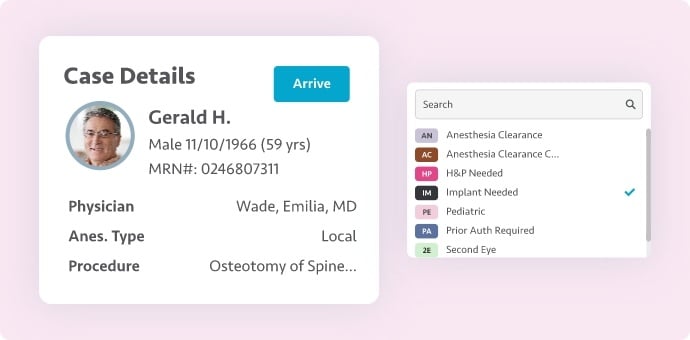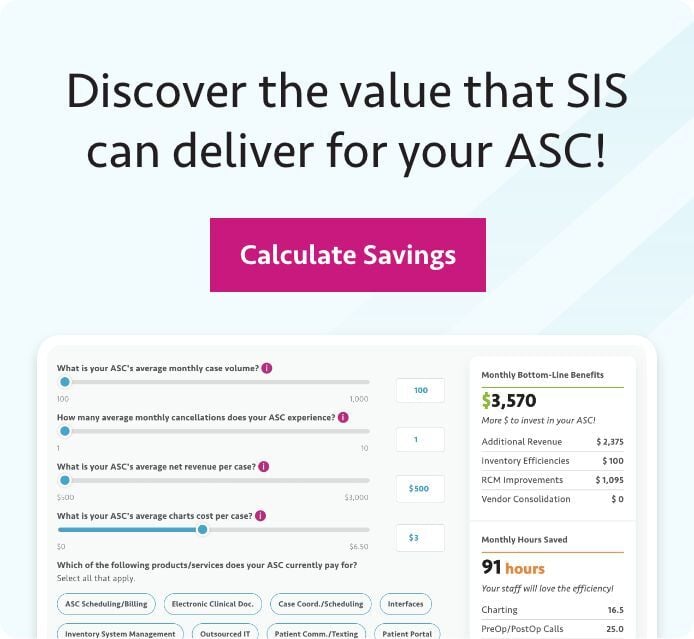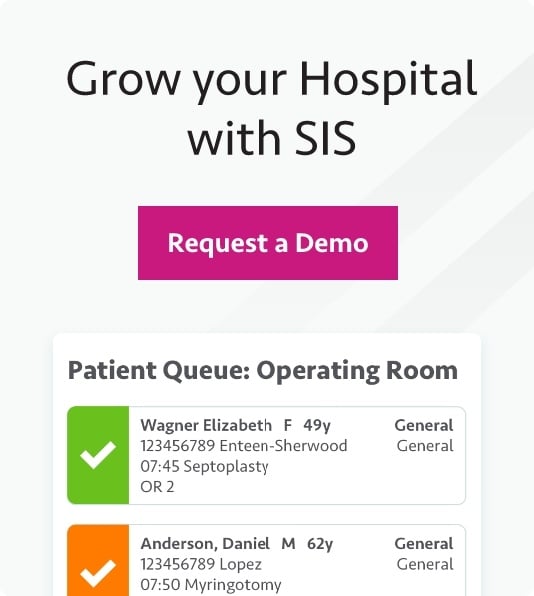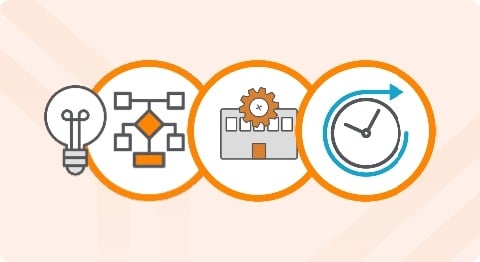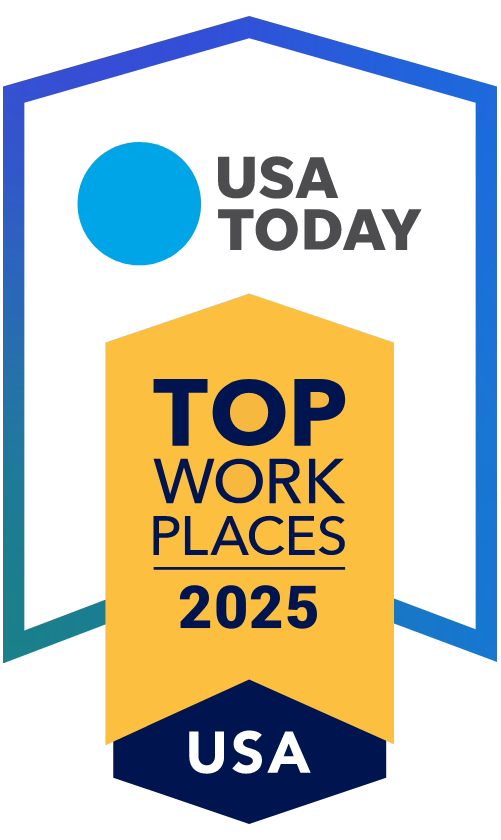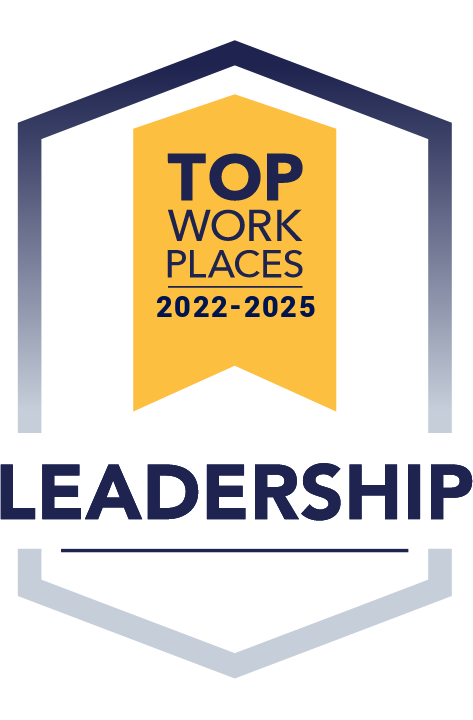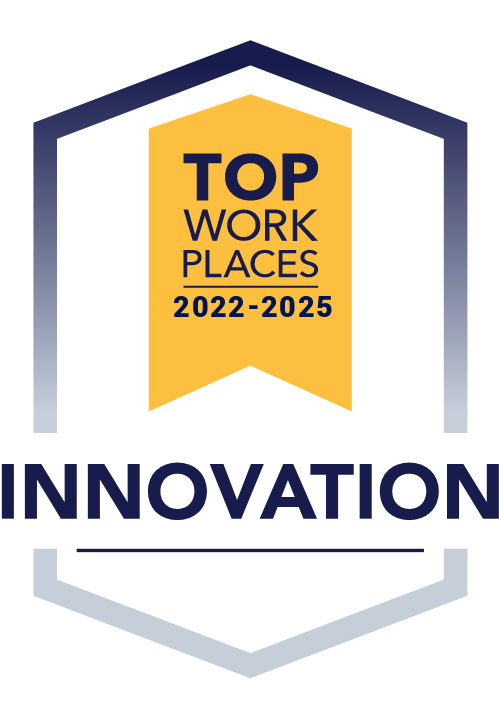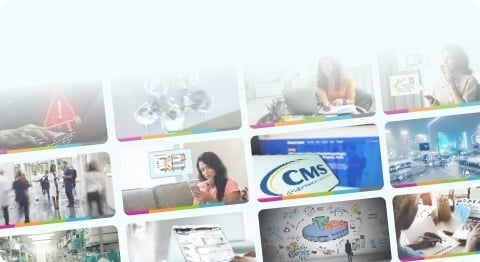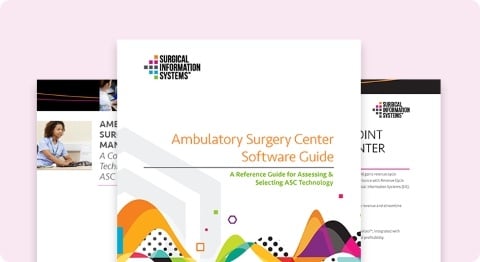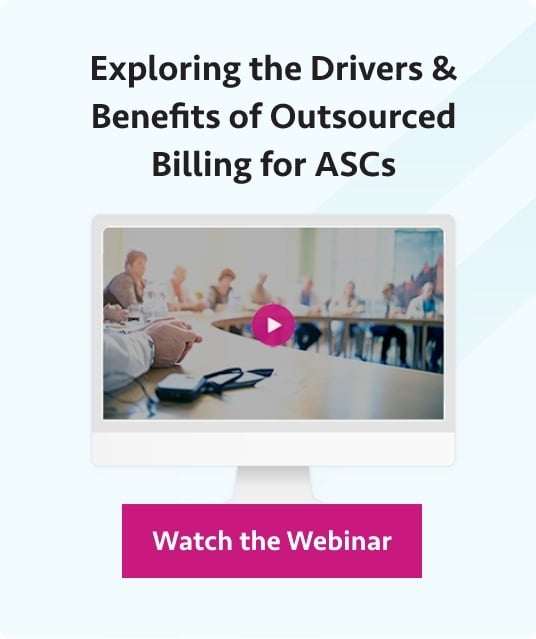
Q&A with Jho Outlaw and Jessica Nelson
Following a recent webinar presentation on "Billing on Day 1" Jho Outlaw, senior vice president of Revenue Cycle Services for SIS, and Jessica Nelson, director of Revenue Cycle Services for SIS, fielded questions from participants. Here are those questions, along with Outlaw's and Nelson's responses, summarized for readability.
Q: Our ASC is planning to remain out of network for the first several months of seeing cases. Do we need to do anything with payers to submit claims for these cases?
Q: Reach out to those payers, let them know you're a new ASC and find out if there is anything that they require from you up front. This will help ensure that when you submit your first claim, it will process without any type of denial. Some payers may require you to complete a tax ID registration process, others may just require a W-9. Sound advice for any new ASC is to take the time to understand your payer mix and these payers' rules prior to scheduling cases and getting bills out the door.
Q: I have heard that once I receive my Medicare certification date from the Centers for Medicare & Medicaid Services (CMS), I can begin seeing cases that will be reimbursed by Medicare. When can I start submitting claims to Medicare?
A: That is correct! You can begin seeing Medicare cases once you are officially certified by CMS and have your CMS certification number (CCN) and effective date. To bill for Medicare cases, you will need an assigned provider transaction access number (PTAN) and an online electronic data interchange (EDI) approval through your clearinghouse and fiscal intermediary.
In terms of timeline, you're typically looking at a 4-8-week process to receive your provider number as well as have your enrollment approved to be able to submit claims electronically.
Q: Are we required to collect patient co-pays, coinsurance, and deductibles prior to service being rendered?
A: The answer is yes, but there are some caveats. Being accredited as an ASC brings with it the expectation and requirement that we provide financial counseling to patients. We are expected to inform our patients of their estimated coinsurance and deductible in advance of services being rendered. Otherwise, there can be huge surprises (i.e., "surprise medical bills") after the fact. Since ASC services typically provide elective services, procedures can be postponed if patients are unable to cover their portion of the cost. Not offering them the opportunity to make such a decision is an ethical and professional problem.
You can make some personal decisions in consultation with your medical staff. The bottom line: You must be consistent in how you approach collecting co-pays, coinsurance, and deductibles. They cannot be handled some ways for some insurance plans and other ways for other insurance plans, and you cannot decide how you approach them based on how much you like a patient. You can make it a rule that you will collect coinsurance and deductibles when the amount due is over $500, for example, or you may have a strong enough grasp of your software and insurance contract to know what your total expected reimbursement will be, whether the expected reimbursement will cover your costs, and then how you will proceed with collecting up front.
Q: Is there a resource that provides basic job descriptions for billers and collectors?
A: You can typically find such information through targeted online searches. I would recommend starting with a search on LinkedIn. Look up people who are in the jobs for which you are building descriptions. Sometimes the LinkedIn profile will detail their job responsibilities.
The key is that job descriptions and accountability models should be specific to each business entity. Online research can provide you with a foundation, but the experience of building your own ASC and then managing it will help you shape and perfect those job descriptions.
Q: How often do ASCs fail to the point that they actually need to close their doors, and why do they fail?
A: From our experience, I'd say in the past three years, we have seen about 3-5% percent of our Revenue Cycle Services' ASCs fail. The reason they typically fail is lack of planning. If you fail to plan, you plan to fail.
Planning includes preparation for opening, training staff, monitoring expectation, setting goals, and routine communication with your team that allows them the opportunity to ask questions and make recommendations.
Running an ASC is a hands-on process that requires consistency. The ones that we see close their doors are those that tended to have ownership and leadership who would "check in" with staff every now and then but never become fully engaged or effectively engage staff.




